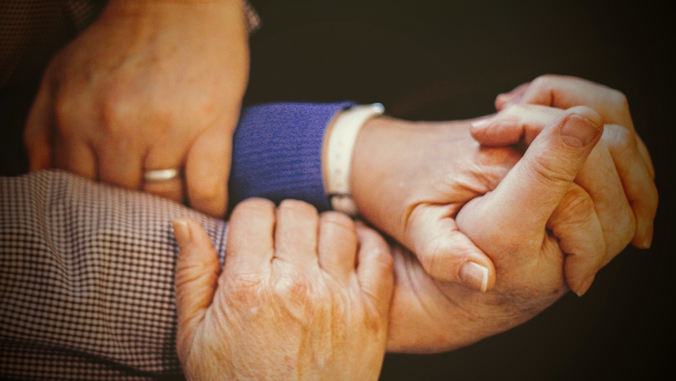
For many Native Hawaiians and other Pacific Islanders with chronic health conditions, health interventions should include their family members or close friends, according to University of Hawaiʻi at Mānoa public health research. The paper is published in Chronic Illness.
Researchers led by Tetine Sentell, director of the Office of Public Health Studies in the Thompson School of Social Work & Public Health, interviewed 22 adult patients who were hospitalized at The Queen's Medical Center. The researchers asked the patients about the people in their lives who they turned to when they needed help with their health. Most patients were of Native Hawaiian or other Pacific Islander heritage.
"The patients in our study generally preferred to have family members or close friends involved in their care, to improve their health and reduce expensive hospitalizations," said co-author Joy Agner, who worked on this study as a UH Mānoa graduate student. "We concluded that it is important to develop appropriate interventions that include the people who are important to patients, rather than expecting patients to go it alone."
For the study, Sentell and her co-authors assessed each patient's health literacy, which is their ability to understand and use healthcare information to make health decisions. Then, the patients answered questions about the people who helped them with their health, by doing things such as reminding them to take medications or assisting them in making health decisions. The researchers looked at the age, sex, education level and health knowledge of the people who helped the patients.
All of the patients in the study were hospitalized for conditions such as uncontrolled diabetes or heart disease—conditions that don't usually require hospitalization if the patient receives high-quality, culturally-relevant primary care.
Results showed that most patients had at least one person who helped them manage their chronic health condition. Many saw the people who helped them with their health frequently, and usually saw them in person. Maintaining these relationships is an important consideration in the time of COVID-19.
"People's social connections play a critical role in the management of their health," Sentell said. "For Native Hawaiians and other Pacific Islanders, tapping into the power of these important connections can help to fight health disparities and build a strength-based approach."
Not all patients wanted family or friends in their care. Future research should examine these patients' preferences for their care and look for ways to improve their health.
Sentell and Agner's co-authors include Deborah Taira, James Davis, Santhosh Mannem, Todd B. Seto, May Vawer and Thomas W. Valente.






